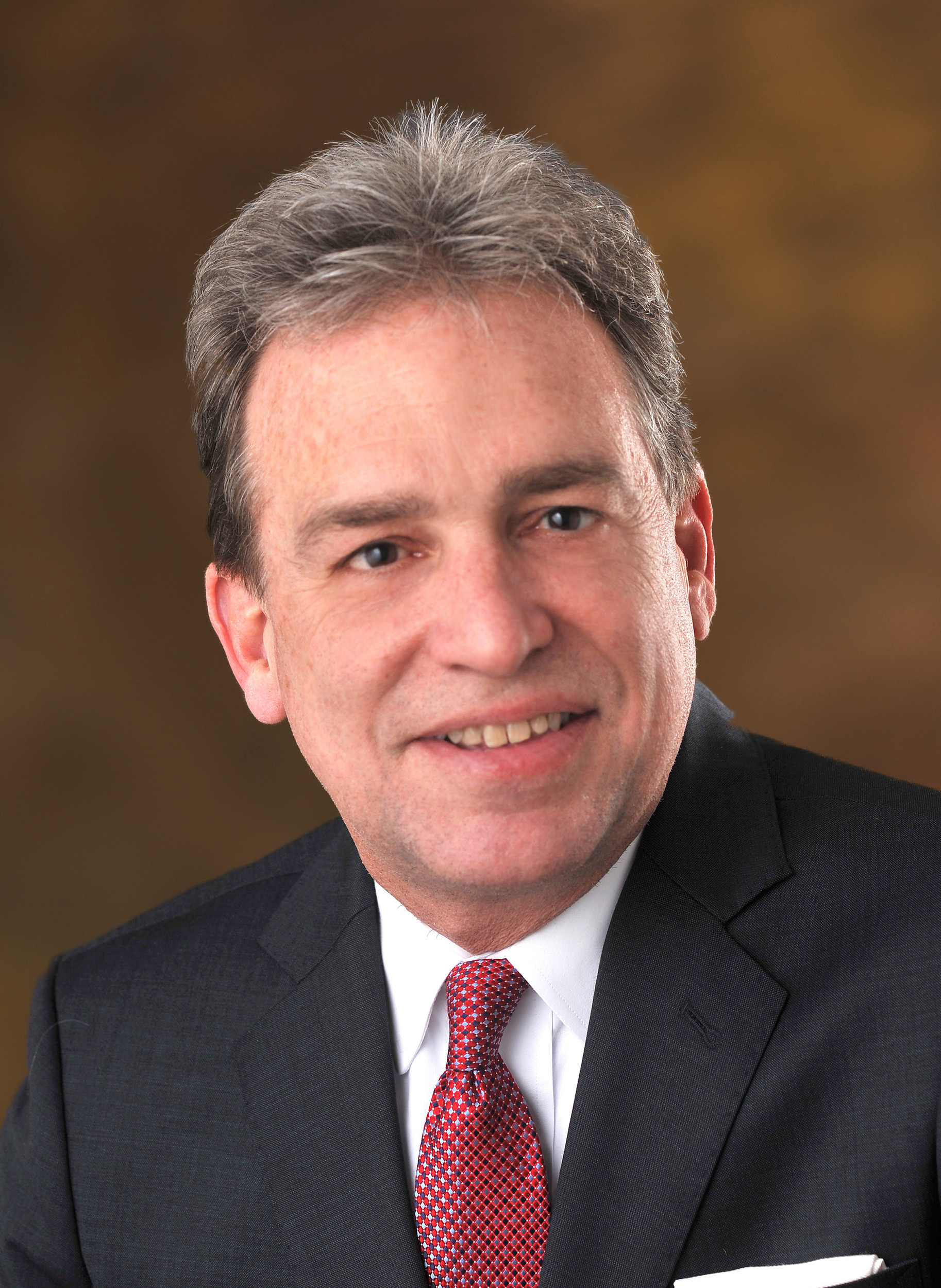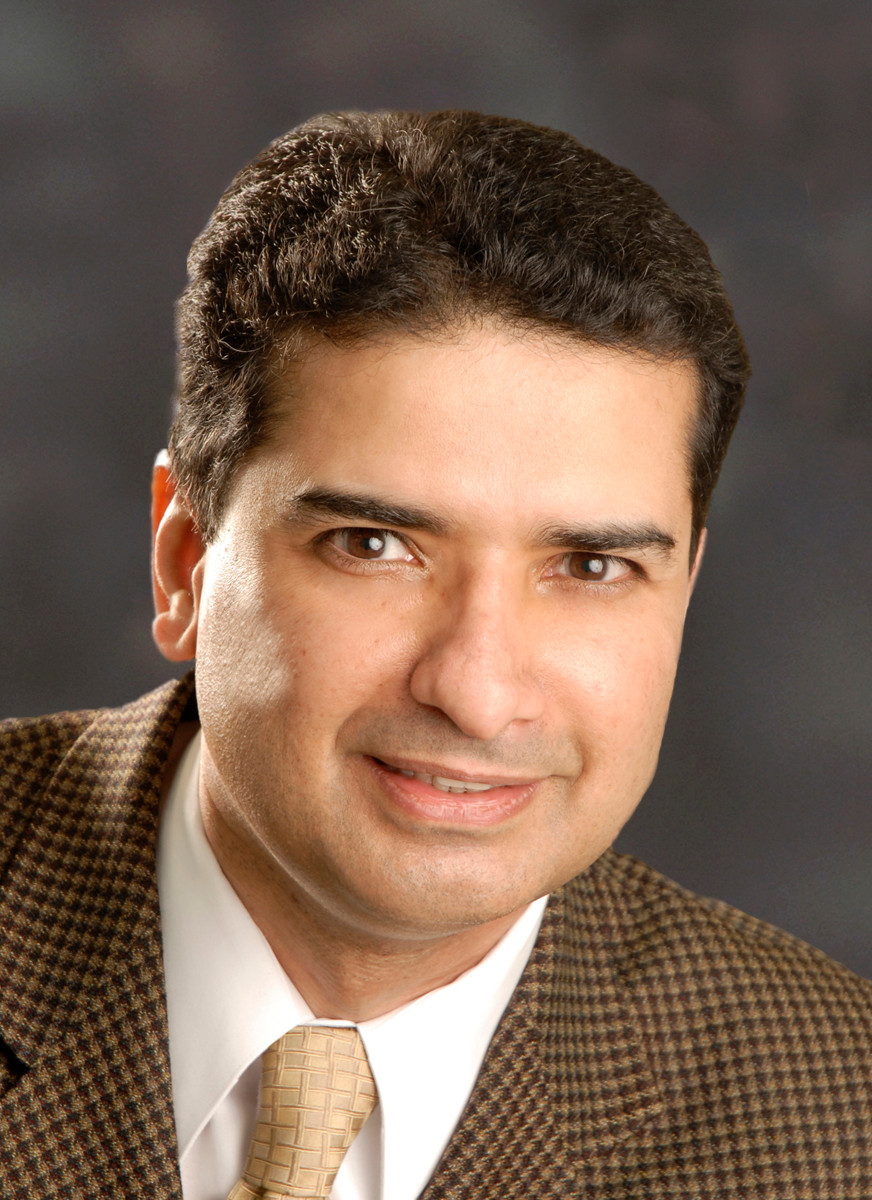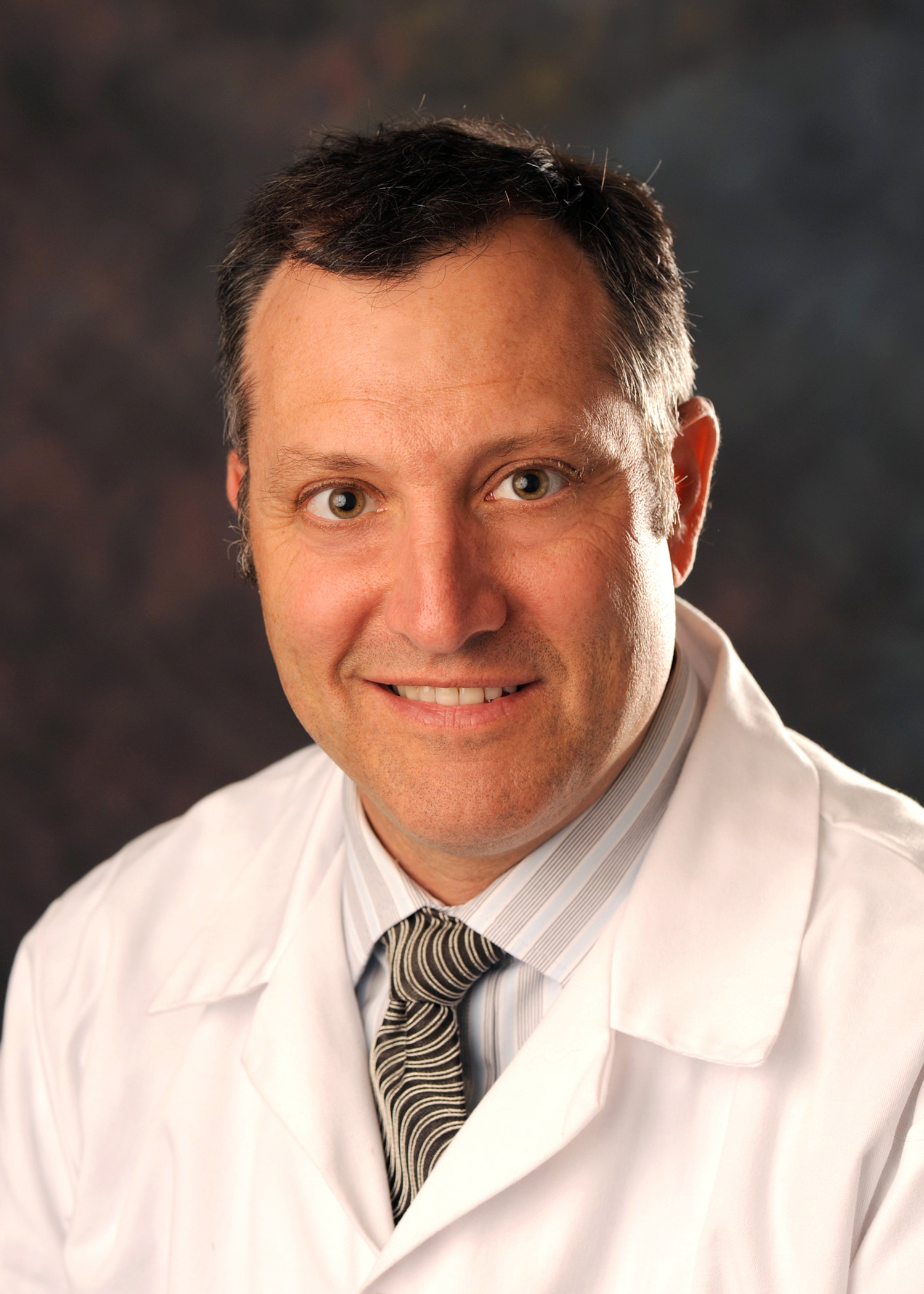South Nassau welcomes new residents
Expanding its role as a regional medical center and teaching institution, South Nassau Communities Hospital for the first time welcomed its own postdoctoral medical residents in surgery and obstetrics and gynecology on July 1.
South Nassau received initial accreditation from the Accreditation Council for Graduate Medical Education (ACGME) to add the surgical and obstetrics and gynecology residency training programs. ACGME is a private, non-profit organization that evaluates and accredits graduate medical education programs. Residency is the final phase of the medical educational process, required for a physician to practice medicine, and often influences where a physician eventually practices.
“The significance of this is that we now have our own residency program,” said Joe Calderone, senior vice president for corporate communications and development. “We have had residents come though before, but now, because we went though the accreditation process, we get to select the residents we want. We closely supervise and train them. We get the ability to pick the very best.”
Essentially the surgeons and OBGYN specialists all have a teaching responsibility, Calderone explained. To get accredited the council has to see that you have people who have the experience and can do this teaching. It helps the hospital because the new candidates will be “home grown”, people who are familiar with your institution and your hospital.
South Nassau’s Chairman of the Department of Surgery Rajiv Datta explained that graduating doctors are paired with teaching hospitals through a master residency matching process. That usually happens before they graduate, but South Nassau obtained its approval for this program after the matching process. That left a dilemma; wait for the next year’s matching program, or see who was still available in the residency pool. The hospital opted to see who was still available and fit its criteria. To Datta’s surprise they received 1,000 applications for surgery and 500 for OBGYN. Out of all the applicants they picked six for this years program.
Bring the program to South Nassau was Datta’s dream project. In his surgery department they have been training residents from other hospitals for over a decade, so the teaching program was already established, but this is the first time the program belongs to South Nassau.
“To teach surgery you need a complexity of surgical cases,” Datta said. “We have surgeons who are trained to do complex cases, so our volume is much higher than surrounding hospitals in Nassau County.” Simple surgeries would be various lumps and bumps, more involved surgeries would be hernia or gall bladder while complex surgery would be colon resection, soft tissue cancers or pancreatic surgery.
“We also work with other hospitals like Saint John’s [in Far Rockaway] and the Nassau County Medical Center. For example we don’t do liver surgery, but the Medical Center does, so we send our residents there for that specific training, and they send residents to us for surgeries they don’t do.”
Nationwide there are more candidates for training than there are programs, Calderone said, and South Nassau is the only one offering both general surgery and OBGYN in New York State. Only six new surgery programs and seven new obstetrics and gynecology programs for training were approved in the U.S. in the past year.
The purpose is to take new graduates from medical school, give them their practical experience, where they function with a little more independence according to Doctor Alan Garely, chairman of the department of obstetrics and gynecology.
“The choice of teachers is based on people already affiliated with the hospital who have an interest in teaching,” said Garely, “we give them the tools that make them effective teachers.”
The new doctors are assigned to different aspects of each department For example the OBGYN doctors would work in areas like high risk obstetrics, cancer gynecology, reproductive medicine and infertility, female pelvic medicine and reconstructive surgery and others.
Candidate doctors are picked using a variety of criteria. Garely said they look at standardized test scores, “Because we know if they do well on standardized tests they will do well on their medical board tests. High level scoring on standardized tests weeds out 90 percent of the candidates. We look at who they worked with in the past, are they good? We hold a personality interview and they meet with faculty. They need interpersonal skills, and a high level of emotional intelligence, meaning people who have empathy and read people; they do well and have success as a doctor. People who only do well on tests, and have good grades but do not have interpersonal skills are usually failures.”
A high-level education-training program elevates the hospital’s knowledge base it and keeps it up to date. The new doctors bring the latest information on equipment and medicine, which keeps the staff of the hospital up to date. The staff has to keep up with the latest developments in order to be effective teachers. That raises the level of prestige that the hospital brings to the community by making South Nassau a medical referral center for all of Long Island.

 49.0°,
Fair
49.0°,
Fair 









